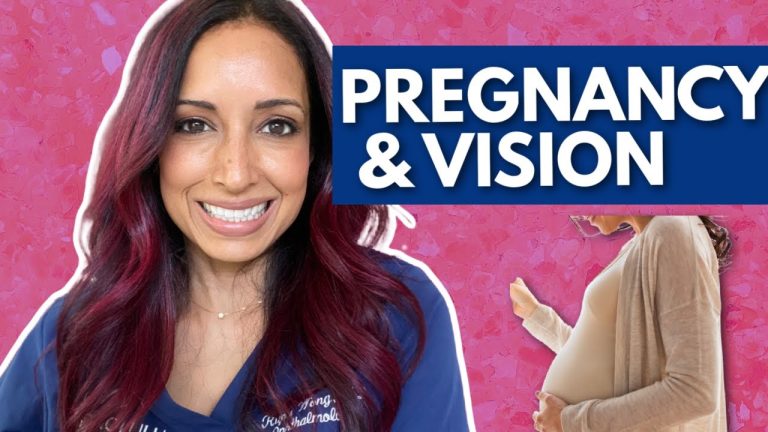Protecting Your Premature Baby’s Eyes: Essential Eye Care Tips for Healthy Vision
Babies born prematurely often face a variety of challenges, one of which is related to their eye health. Since their eyes are not fully developed at birth, premature babies are much more likely to develop eye problems that can lead to permanent damage or even blindness if left untreated. As a result, it’s essential to understand the importance of eye care for premature babies and seek medical attention at the first sign of any problems.
At birth, a premature baby’s eyes may not have finished developing, leaving them more vulnerable to damage from light and other environmental factors. In some cases, the vessels that supply blood to the eye may not have developed fully, leading to a condition known as retinopathy of prematurity (ROP). This condition can cause scarring and other eye problems that can lead to blindness if not caught and treated early on.
Common eye problems in premature babies
There are several eye problems that premature babies are more likely to develop, including:
- Retinopathy of prematurity (ROP): As mentioned earlier, ROP is a condition where the blood vessels in the eye do not develop fully, leading to scarring and other problems. It’s more common in babies who are born very prematurely or who have other medical conditions.
- Strabismus: This condition, also known as crossed eyes or squint, occurs when the eyes do not align properly. It can cause vision problems and may require corrective surgery.
- Amblyopia: Also known as lazy eye, amblyopia occurs when one eye is weaker than the other. If left untreated, it can lead to permanent vision loss in the weaker eye.
- Cataracts: Cataracts are a clouding of the lens in the eye that can cause blurry vision or even blindness if left untreated. They can develop in premature babies due to a variety of factors, including infection, injury, or genetics.
Preventing eye problems in premature babies
While some eye problems in premature babies are unavoidable, there are several things that parents and healthcare providers can do to reduce the risk of permanent damage or blindness:
- Regular eye exams: Premature babies should have regular eye exams to check for any signs of ROP or other eye problems. The American Academy of Pediatrics recommends that all premature babies have their first eye exam at around 4-6 weeks of age.
- Protecting the eyes: Premature babies’ eyes are more sensitive to light and other environmental factors than those of full-term babies. Keep their environment dimly lit and protect their eyes from bright lights.
- Early intervention: If your premature baby is diagnosed with an eye problem, it’s important to seek treatment as soon as possible to prevent permanent damage or vision loss.
- Healthy lifestyle: Maintaining a healthy lifestyle, including proper nutrition and avoiding smoking, can help reduce the risk of eye problems in premature babies.
Conclusion
Eye care is essential for premature babies due to the higher risk of eye problems and the potential for permanent damage or even blindness. By ensuring regular eye exams, protecting their eyes from bright lights, seeking early treatment for any problems, and maintaining a healthy lifestyle, parents and healthcare providers can help reduce the risk of eye problems in premature babies and protect their vision for the future.
Contents
Most wanted in Hoya Vision:
What does +0.25 mean on an eye test?
What brand lenses does Costco use?
Do tinted glasses help with migraines?
Should eyeglasses cover eyebrows?
Hoya Lens Engravings
Hoya Identification Chart
Is gray or brown better for transition lenses?
Does hyperopia worsen with age?
What are prism eyeglass lenses?
What is the difference between Ray Ban RB and Rx?
















